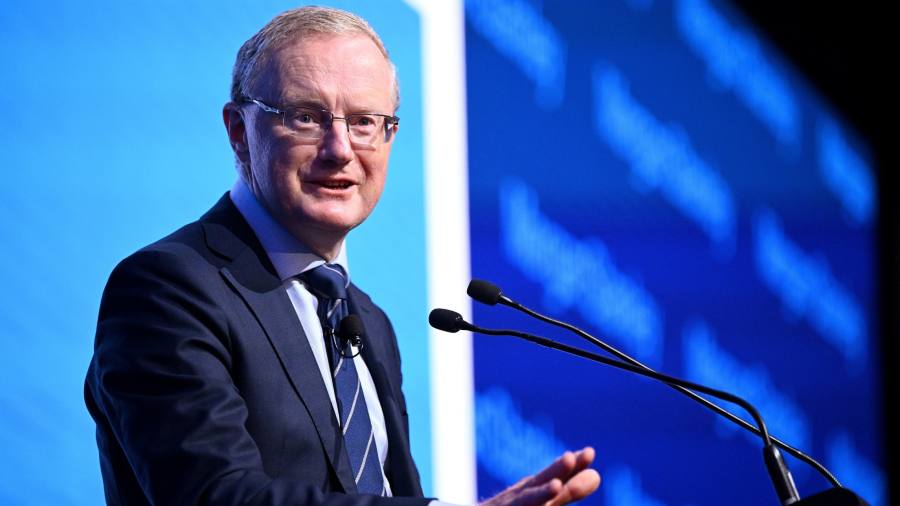The Reserve Bank of Australia will compensate almost 1,200 workers after a review found that it had underpaid its staff a total of A$1.15mn ($778,000) over a seven-year period.
The central bank said on Wednesday that following a review of its “more complex remuneration arrangements” related to how leave and days off were calculated, it had begun the process of paying back 1,173 current and former employees funds that were owed.
It said most of the outstanding payments were related to termination benefits for former staffers.
The central bank’s admission was the latest in a string of underpayment settlements by Australian companies and organisations attributed to miscalculations of staff benefits. Miner BHP said this month that it would pay $280mn to redress underpayments for 30,000 workers over mistakes in how it processed leave over a 13-year period.
Julia Angrisano, national secretary of the Finance Sector Union, said it was appropriate that the bank had apologised, but too many employees were remiss in ensuring their staff have been paid properly.
“The RBA should be setting an example to the financial services sector by paying its workers the correct rates of pay and appropriate entitlements all the time,” she said. “It should not be up to the Finance Sector Union to point out to the RBA that its internal procedures are leaving staff out of pocket.”
The incident comes as the RBA has faced sharp criticism over the effectiveness of its response to rising inflation and interest rate guidance, which its own governor described as “embarrassing”.
The central bank hired Big Four firm PwC last month to conduct a review of its payment systems after the underpayment issue emerged this year. The contract drew censure from politicians after a tax leak scandal highlighted the amount of work that the consultant was conducting on behalf of the public sector.
The RBA, among other organisations, has declared that it would not contract more work to PwC until a review of the incident — in which a partner at the firm shared confidential Treasury policy details with colleagues who used them to win new business from clients — is completed later this year.
RBA governor Philip Lowe, whose current term ends in September, has indicated he would stay on if asked to by Prime Minister Anthony Albanese’s government. But his popularity, and the central bank’s reputation, have been damaged by its delayed decision to raise rates, which in turn hit mortgage holders.
The bank has raised interest rates 12 times in little more than a year to 4.1 per cent this month and warned that a further tightening of monetary policy may be required to tame rising prices.
The Australian government in April announced the biggest shake-up in the central bank’s 63-year history, proposing the establishment of a new interest rate-setting board and an overhaul of its culture.
Lowe told a Morgan Stanley conference in Sydney last week that he believed the bank’s monetary policy was working to reduce the impact of inflation.
But his comment that people may have to work more and spend less dominated the debate around the impact of the RBA’s rapid rate increases on household finances.
Read the full article here




